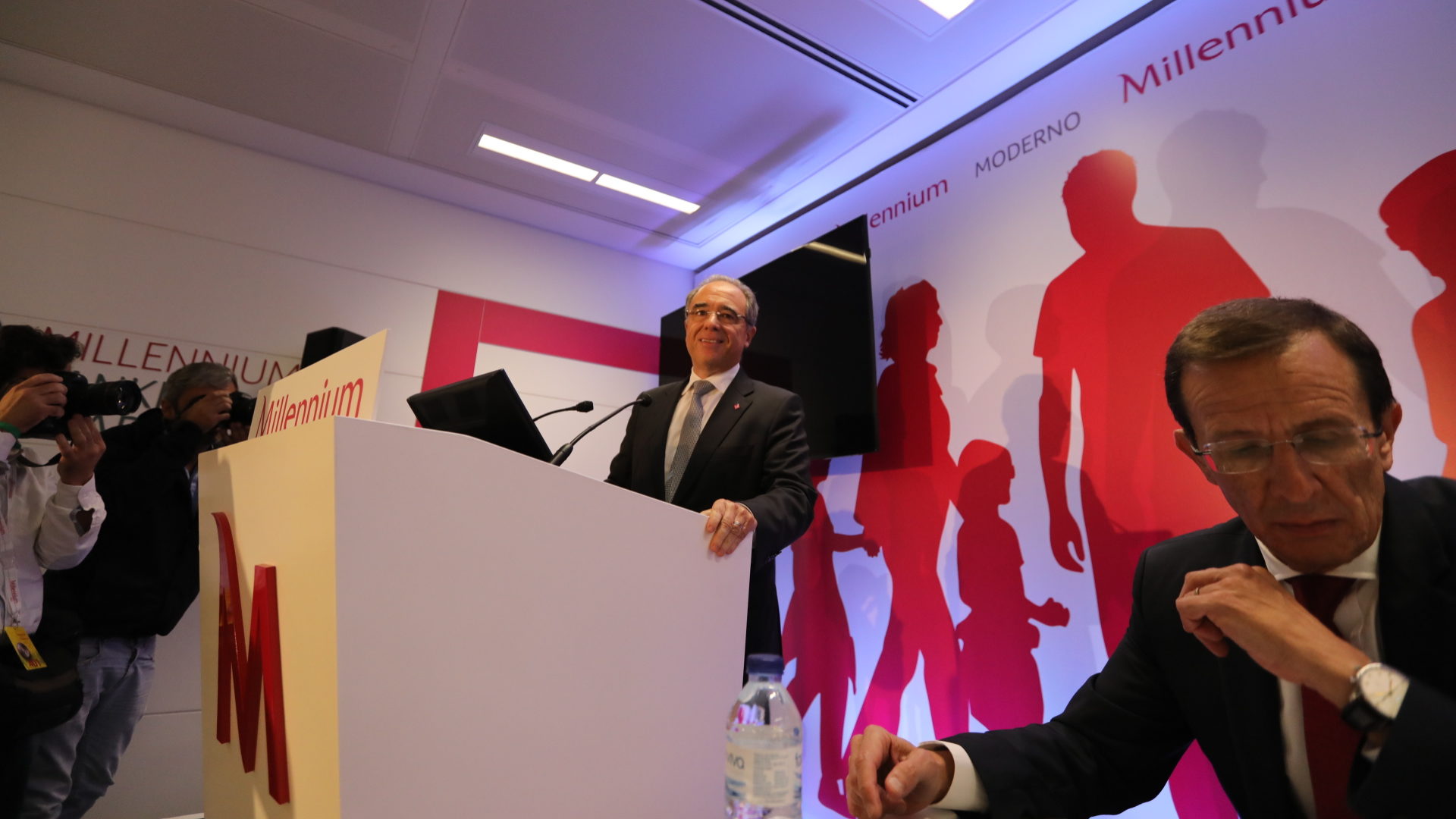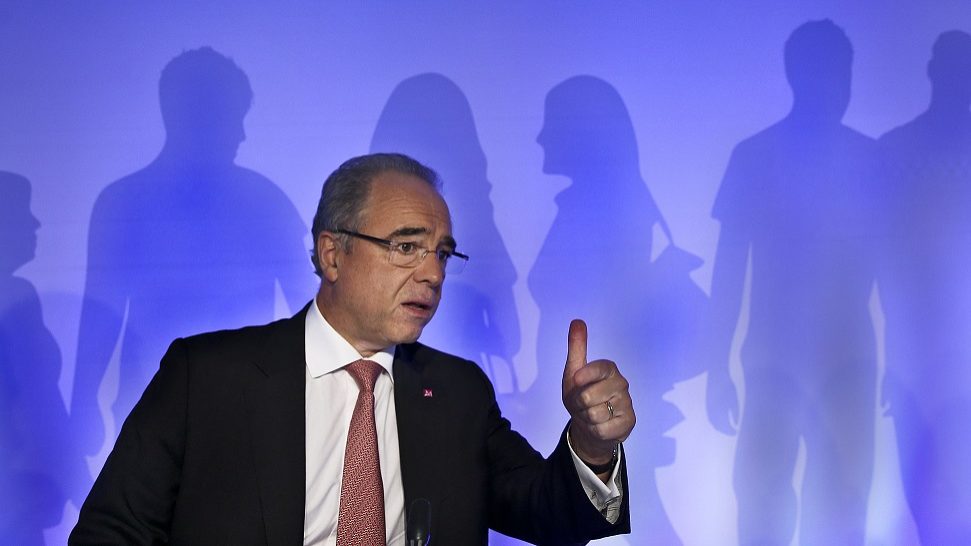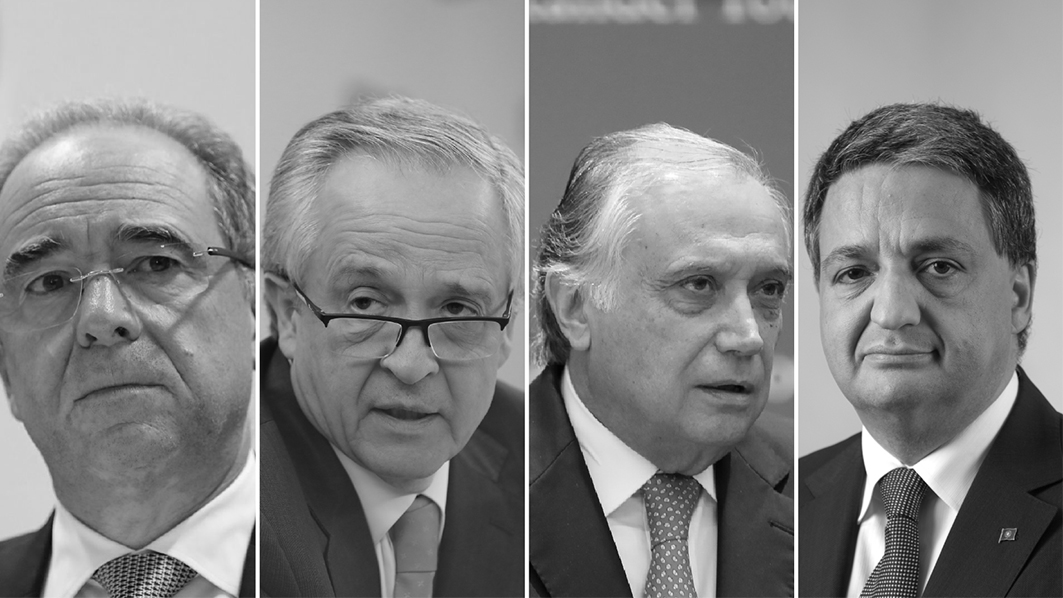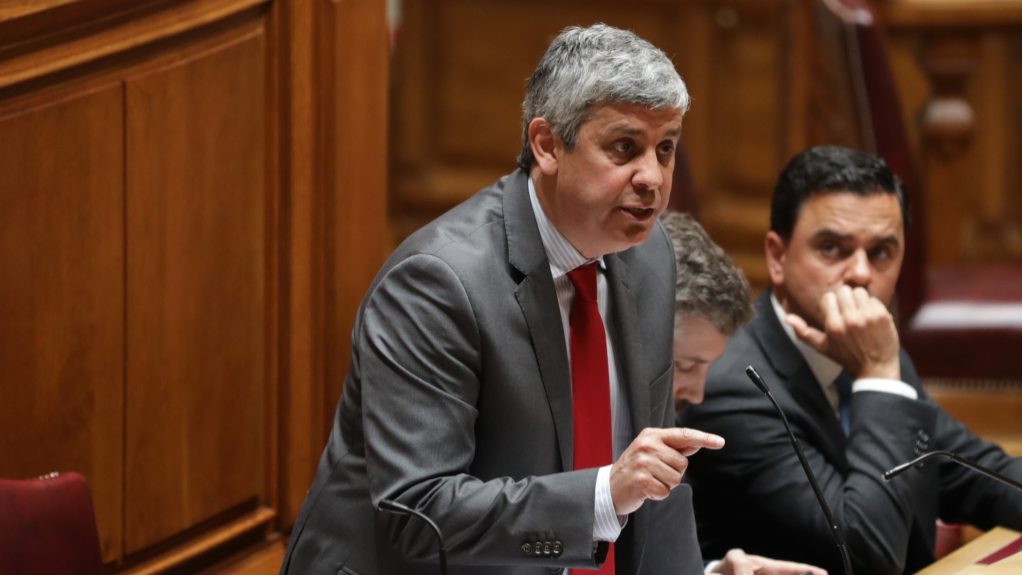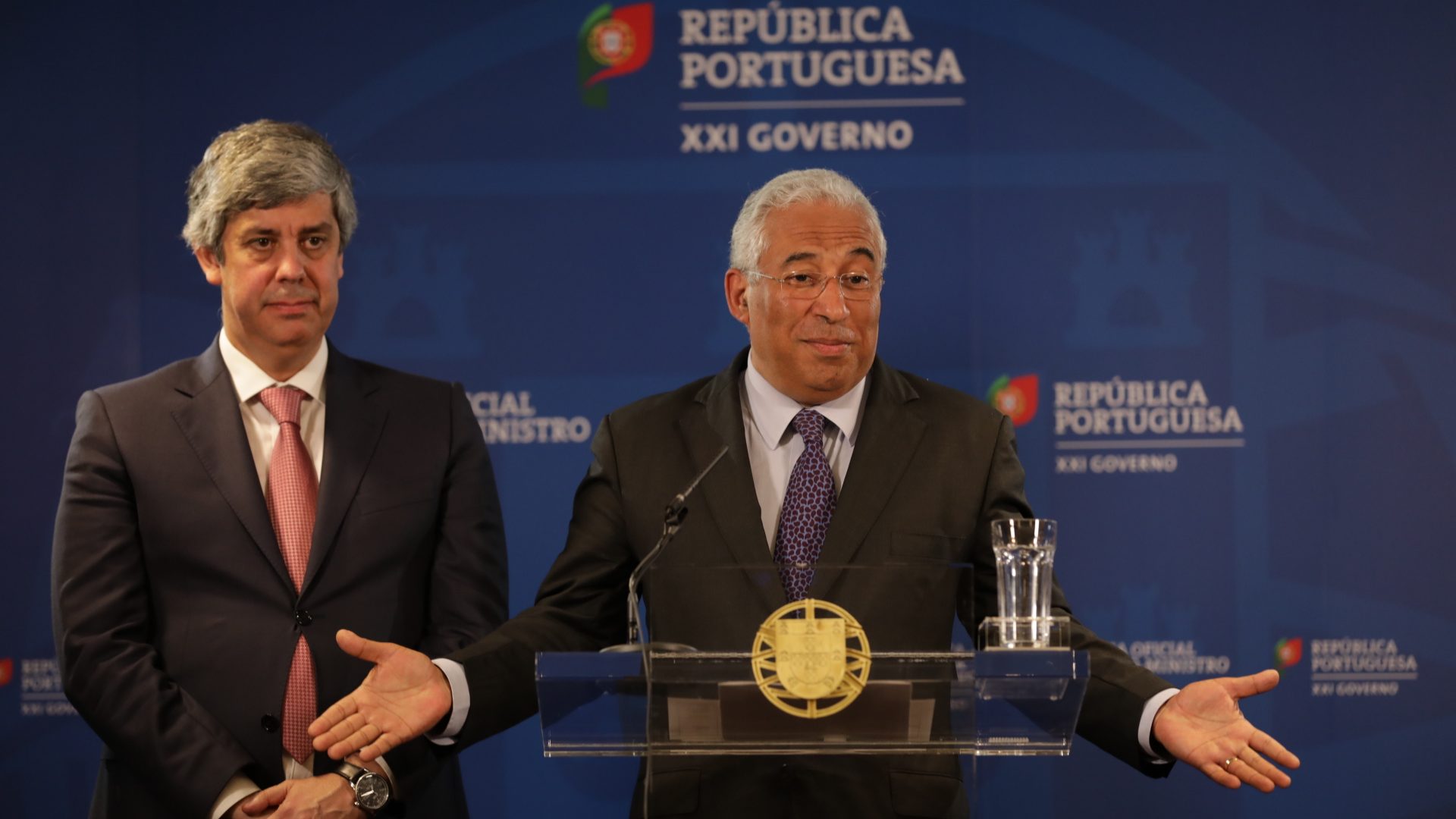BCP rockets 5%. Analysts see an improvement in the quality of assets
The bank headed by Nuno Amado had larger profits than those expected in the first quarter, yet analysts highlight the positive evolution of the assets portfolio. Shares rocket more than 5%.

Even though profit was higher than expected, analysts are more impressed with the positive evolution of the quality of the assets from BCP, the bank headed by Nuno Amado. In the stock market, shares increase more than 5% to maximums of six months.
“We witnessed a positive evolution on NPEs (non performing exposure) and NPAs (non performing assets), while earnings came ahead of consensus on lower than expected provisions”, underlines BPI Research analysts, who have BCP‘s securities under revision. André Rodrigues, from CaixaBi, underlined the “positive evolution of the quality of assets of the bank (…), the productive credit portfolio (+0.8% YoY) and the capital ratios”.
“The confirmation of the progressive reduction in the credit risk cost is a key indicator for BCP‘s next quarters. If there are no significant recurrent deviations to our estimates, we maintain a positive outlook for the investment case”, says André Rodrigues, who gives a “purchase” recommendation to BCP at a target price of 0.25 euros.
BCP‘s shares rocket this Tuesday 5.34% to 0.2366, the highest daily quotation since December 2016. The bank continues to recover in the stock market, after the capital increase of over 1,300 million euros, which took place in February and shrunk the shares’ value.
This Monday, BCP presented their profits, which were, in the first quarter, of 50 million euros, a surprising growth result that happened due to less provisions. The financial margin ascended to 332.3 million euros, increasing 13.7% in comparison to the homologous period.
According to BPI Research accounts — who say they saw a “positive evolution in the quality of assets” –, NPE decreased 2% in comparison to the previous quarter to 9.2 billion euros. Overall, NPAs (which include NPE and other assets) decreased from 11.2 billion euros in December to 10.9 billion in March.
Note: The information presented is based on an issuance from the investment bank, meaning it is not a recommendation from ECO. Concerning investment decisions, readers should consult the bank’s complete research note and speak to their financial intermediate.
